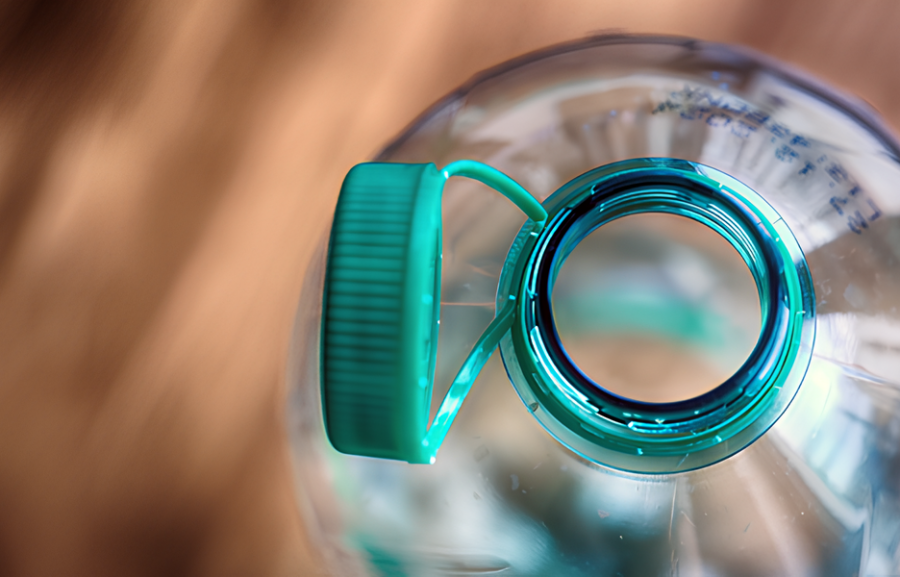18.09.2025
Shelf life of water
If water doesn’t “spoil,” why is an expiration date on the package?

You may have noticed that bottled drinking water always has an expiration date indicated on the label. Sometimes it refers not only to the period from the bottling date but also to the time after opening the bottle! At first glance, this may seem strange — how can water “expire”?
In fact, this is not just an initiative of producers but an official requirement. In Azerbaijan, this rule is regulated by the Food Code and the “Rules on Food Product Labeling” approved by the Cabinet of Ministers. According to these documents, packaged drinking water, like all other food products, must have both the date of production and the expiration date clearly stated.
Technically, water itself does not spoil in the usual sense. However, the containers in which it is stored — usually plastic or glass bottles — can affect its quality over time. Improper storage or transportation may cause micro-particles from the packaging (especially plastic) to leak into the water, contaminating it with chemicals used in production.
That is why manufacturers are obliged to indicate the shelf life, taking into account possible negative factors that may impact the quality of the product.
Shelf life of mineral water
Mineral water often has two different expiration dates: one from the date of bottling and another after opening. This is because the minerals contained in the water may react with oxygen. For example, some producers of sodium sulfate-bicarbonate table mineral water recommend consuming it within three days after opening the bottle.
How long can tap water be stored?
Tap water filtered at home and poured into a high-quality, tightly sealed container can remain suitable for consumption for up to six months, provided it is stored away from direct sunlight and the container is not damaged. However, in everyday life, it is recommended to filter and pour water as needed to ensure its freshness and taste.
Tips:
- Always check the integrity of the packaging when buying bottled water.
- Even with a long shelf life, water can “spoil” if the container is defective or damaged.
- Store water in a tightly closed container to prevent dust and external contaminants from entering.
- Keep water away from direct sunlight.
- Try to reduce the use of single-use plastics and consider installing a water filter system at home.
